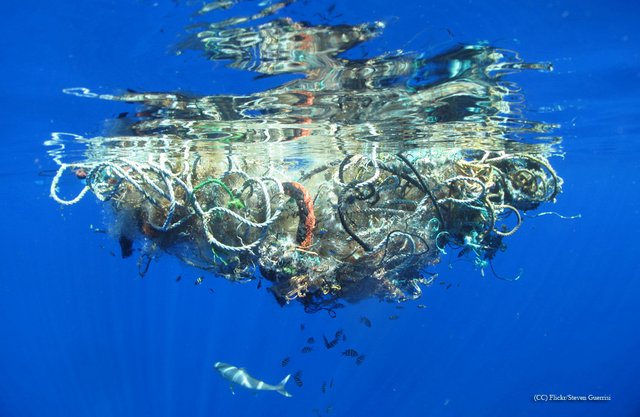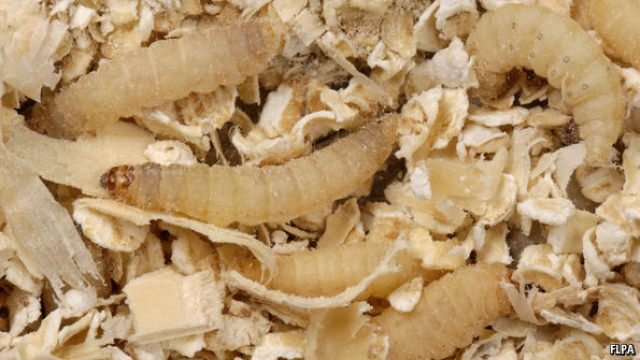The Plague of Plastic: A Potential Natural Solution (News)
Plastic has long been considered a major environmental problem. The complex chains of hydrocarbons are relatively new phenomena on the Earth’s surface. Specifically human-made, plastics are made by taking existing hydrocarbons (mostly from oil), and putting them through conditions that do not naturally occur in nature. As a result, they are not biodegradable
We can see this problem stacking up everywhere. From the massive dumps that we send tons of trash daily, to the side of the road where the careless toss their fast food garbage, no corner of the Earth has not seen an influx of plastic over the past century. Even the oceans are plagued by this human novelty; the Pacific also has a massive island of plastic forming in the convergence zone of its oceanic currents.
All forms of life suffer as a result of our collective negligent behavior. Animals get stuck in plastic debris, stunting their growth and even killing many. Microplastics, which exist after larger plastic pieces break down physically but not chemically, get absorbed by ecosystems, causing widespread problems.

Countless solutions have been proposed. There are a lot of options humanity could take to curb the negative impact we are having and to reverse what has already been done. However, our society lacks the drive to commit to any serious changes in lifestyle. As a result, significant systemic changes have been reduced to mild nudges in the right direction.
However, there is much hope on the horizon. While plastics have popped up rapidly and in excessive abundance relative to rate biology is used to progressing, life keeps on ticking forward. The idea of genetically altering bacteria or other lifeforms so they can digest plastics has been a serious contender for a solution to these problems. The best contender thus far has been a bacterium known as Nocardia asteroids, but even it takes up to six-months to digest a piece of plastic less than one millimeter thick!

what do you about plastic yourself?
We don't use plastic whenever possible, and when we do we use biodegradable versions.
I'm so glad to hear that someone cares about the amount of plastic that we are dumping into the environment!
A few years back, I was in Greece at an ancient temple ruin (Temple of Hermoine) and the place was breathtakingly beautiful. The site was located on a coastal inlet and I was stunned at how many plastic particles had washed up on the beach. It was HORRIBLE. I hope we find a solution soon. More power to the caterpillars!
This post received a 100% upvote from @morwhale team thanks to @dakotakaiser! For more information, click here! , TeamMorocco! .
@consciousnews, you just received a gifted 63 upvote worth 17.972 from @earthnation - which was voted through sostrin and powered by smartsteem. Our goal is to support quality posts and authors on steem.
We offer vote-bidding (whitelist-only), vote-buying, vote-selling and a delegation market. Join the community: https://smartsteem.com
please follow back or vot back me please
This is interesting, although not sure how effective such a small amount of plastic being eaten by a caterpillar would be. Specially when it comes to the ocean.
Ever looked into biodegradable water bottles? I know they were working on them a few years ago. Not sure if they will ever actually be a thing.
Sneaky Ninja Attack! You have been defended with a 7.05% vote... I was summoned by @dakotakaiser! I have done their bidding and now I will vanish...Whoosh
This post has received a 2.42 % upvote from @booster thanks to: @dakotakaiser.
This post has received gratitude of 13.90 % from @appreciator thanks to: @dakotakaiser.
This post received a 0.930 SBD (100%) upvote from @upvotewhale thanks to @dakotakaiser! For more information, check out my profile!